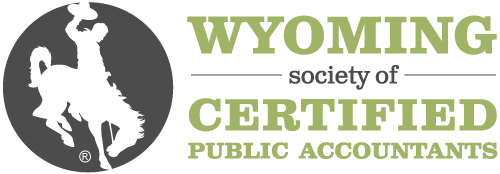Description
The Tax Cuts and Jobs Act of 2017 has had a tremendous impact on commercial real estate, including liberalizing the depreciation provisions. The Coronavirus Aid, Relief, and Economic Security Act (CARES Act) included several provisions that allow taxpayers to revisit projects completed in earlier, more profitable years, and generate even more value. In this course, we will explore the impact of these important laws on commercial real estate owners and delve into what Accounting and Financial Professionals need to know. We'll also examine these opportunities to "turn back the clock," including the retroactive correction of QIP's recovery period and the option to revoke electing-out of the business interest limitation. Finally, we will review other strategies that are crucial parts of a comprehensive tax plan this year and will discuss a strategic hierarchy for employing those strategies most successfully. Relevant Rev. Procs. and multiple real-life case studies will be reviewed.
Highlights
- Bonus depreciation for acquisitions and construction
- History of qualified property categories and QIP
- The CARES Act and related Rev. Procs.
- Section 179 expensing
- Energy incentives
- The tangible property regulations
- 1031 exchanges
- Strategic hierarchy
Objectives
- Understand the crucial provisions of the PATH Act, TCJA, and CARES Act
- Explain the implications of the CARES Act’s correction of QIP recovery period
- Understand the value of QIP as an indicator of Section 179-eligible property.
- Explain how strategies like Section 179 expensing, bonus depreciation, the tangible property regulations (TPRs), and Energy Incentives all contribute to a modern comprehensive tax strategy
- Understand the significance of the business deduction limitation and why taxpayers may choose to revisit that election under Section 163(j)
- Recognize how previously completed projects may be leveraged for additional value
- Use various tax strategies in a strategic manner to maximize cash flow
Designed For
Tax practitioners who anticipate advising clients with respect to depreciation of business property
Course Pricing
WYOCPA Member Fee
$99.00
Non-Member Fee
$129.00
Your Price
$129.00
Upcoming Courses
-
Federal Tax Update: Business Comprehensive 2024
December 27, 2024
-
Surgent's Tax Forms Boot Camp: LLCs, Partnerships, and S Corporations
December 27, 2024
-
Surgent's Tax Research
December 27, 2024
View all upcoming courses
